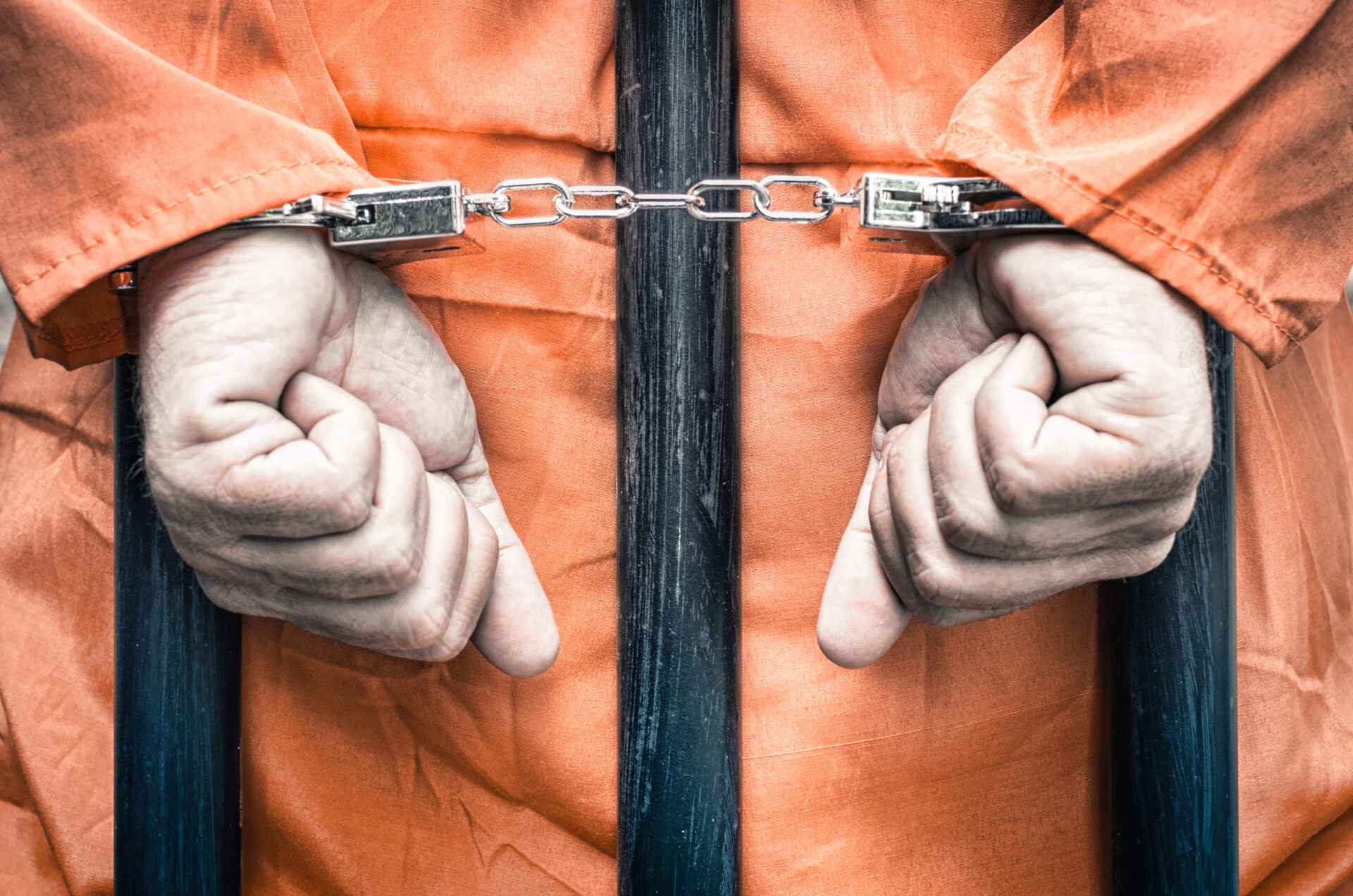
Florida’s Death Penalty FRENZY!
Florida’s record-setting pace of executions in 2025 has reignited debate over fairness, racial bias, and constitutional protections in the state’s capital punishment system.
At a Glance
- Florida executed its 10th inmate this year, a modern record
- The latest execution involved a conviction based on a disputed confession and all-white jury
- Florida is one of few states allowing non-unanimous jury death sentences
- Legal challenges over racial bias and due process were dismissed
- Governor Ron DeSantis frames executions as part of his law-and-order agenda
A Record-Breaking Execution Year
On August 19, 2025, Florida executed Kayle Bates for the 1982 abduction and murder of Janet White. The execution, witnessed by White’s husband, marked the state’s tenth this year—setting a new record and signaling a decisive shift in approach since federal and state executions slowed in earlier years. For the White family, it closed a decades-long ordeal, with her husband publicly thanking Governor DeSantis for delivering justice.
Watch now: Florida carries out death sentence for Kayle Barrington Bates · YouTube
Bates’ conviction has drawn scrutiny from legal experts because his original trial featured an all-white jury and a confession obtained during prolonged police interrogation without legal counsel. At his 1995 resentencing, Florida law permitted death penalty recommendations without requiring jury unanimity. Critics argue that such practices, rare nationwide, elevate risks of racial bias and wrongful conviction, particularly in capital cases.
Power and Process in Florida
Florida’s execution process grants the governor exclusive authority to sign death warrants once appeals conclude, a level of discretion that legal analysts say reduces transparency. Bates’ attorneys and advocacy groups filed last-minute lawsuits citing racial bias and due process violations, but courts dismissed them, allowing the execution to proceed.
The White family’s sense of closure contrasts sharply with concerns voiced by civil rights organizations, which argue that Florida’s system reflects structural inequities. The American Bar Association and the Death Penalty Information Center have criticized non-unanimous jury verdicts, saying they fail to meet standards of fairness expected in cases involving the ultimate punishment.
Broader Implications for Justice
Florida’s execution pace in 2025 has influenced national conversations on capital punishment. Scholars like Robert Dunham, former head of the Death Penalty Information Center, caution that the state’s reliance on non-unanimous juries and opaque decision-making could establish precedents if adopted elsewhere. Meanwhile, economic burdens from prolonged appeals and litigation compound the controversy surrounding capital punishment’s cost and efficacy.
Polling from the University of North Florida shows that while most Floridians support the death penalty, approval falls significantly when respondents consider cases involving non-unanimous jury recommendations. Advocacy groups such as the NAACP Legal Defense Fund argue that the system disproportionately affects minorities, while victim advocacy organizations maintain that executions uphold justice and deliver closure.
The Divide Moving Forward
Governor DeSantis’ stance has energized voters who value a tough-on-crime approach, but it has also deepened polarization over due process, fairness, and constitutional protections. Experts note that Florida’s practices may shape the future of capital punishment policies across the nation, as other states watch closely.
For some, Florida represents a model of accountability and decisive enforcement. For others, it embodies the risks of eroding foundational legal safeguards in pursuit of justice. The state’s record execution pace in 2025 underscores the stakes of an ongoing national debate over whether the death penalty delivers justice—or undermines it.
Sources
New York Post
Action Network
Death Penalty Information Center
University of North Florida
American Bar Association


